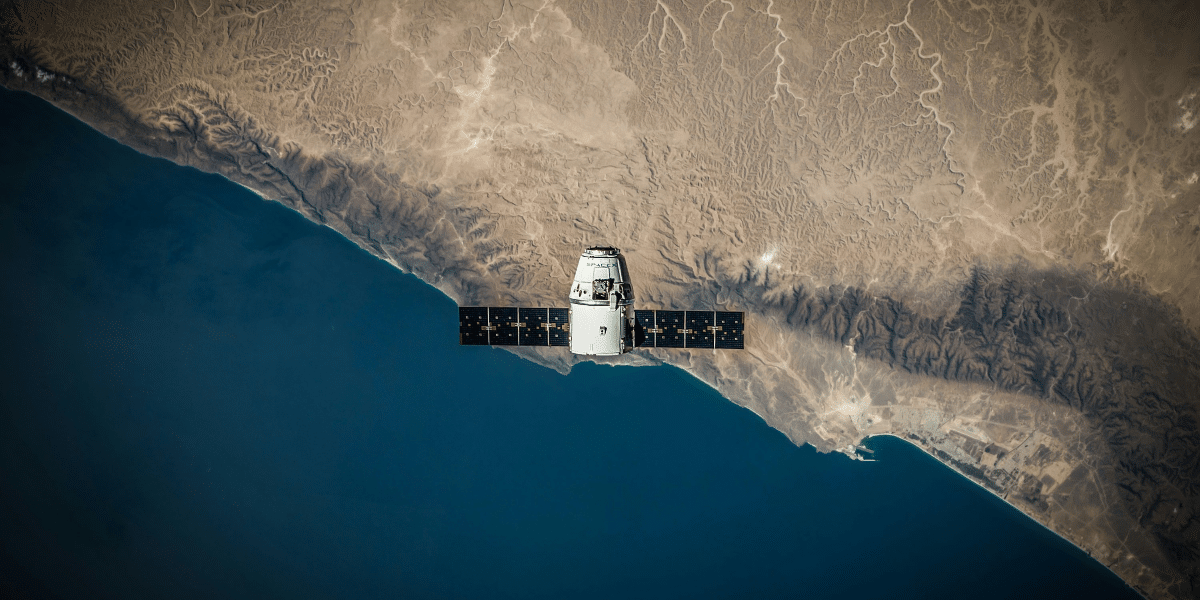The planet is facing an urgent waste crisis. Every year, over two billion metric tons of human-generated waste are discarded globally, contributing to pollution and environmental degradation. If current waste management strategies remain unchanged, projections estimate that by 2050, global waste production could reach 3.78 billion metric tons, a 1.66 billion metric ton increase from 2020. This trajectory poses a serious threat to ecosystems, human health, and the climate.
Currently, only 62% of global waste is collected by controlled municipal facilities, while the remaining 38% is dumped, burned, or discarded in open environments. Of the collected waste, only 19% is recycled, and 30% ends up in sanitary landfills, which are designed to minimize environmental leakage. In the United States, sanitary landfills are the primary waste management system, but they represent only 8% of global landfill sites due to high operational costs. More concerningly, open landfills account for 31% of global waste management, releasing greenhouse gases and leaking microplastics and toxic chemicals into the soil, water, and atmosphere.
The impact of poor waste management extends beyond landfills. Open landfill sites alone are responsible for 20% of human-generated methane emissions, a greenhouse gas with a warming potential over 80 times greater than carbon dioxide. Researchers have found that methane emissions from U.S. landfills are 77% higher than the Environmental Protection Agency’s estimates, indicating a serious underestimation of landfill-related climate impacts.
This pollution doesn’t just remain on land; much of it makes its way into the oceans. An estimated 19 to 23 million tons of plastic waste are dumped into the ocean annually, endangering marine life. Marine animals, from fish to seabirds to whales, often mistake plastic waste for food, leading to severe health issues or death. A staggering 90% of seabirds consume plastics, often resulting in illness or fatality. Blue whales, for example, ingest up to 10 million microplastic particles daily, further illustrating the gravity of the crisis. The problem extends to human health, as microplastics enter the food chain when we consume seafood contaminated by these materials.
To tackle this issue, true sustainability demands more than just traditional recycling. As JD Ambati, Founder & CEO of EverestLabs, points out, “CPG companies often focus on recycling as a box to check, but this approach misses the bigger picture.” Instead, companies must redesign products for durability, reduce waste production at the source, and adopt efficient packaging solutions. This shift requires a commitment to a circular economy, where materials are reused and recycled efficiently.
One way to achieve this is by investing in AI-driven technology that optimizes recycling processes and tracks packaging materials throughout their lifecycle. Such technologies can help ensure that recyclable materials are correctly processed and reintegrated into the production cycle, significantly reducing waste.
With October being World Habitat Awareness Month, it’s a time to reflect on how our waste management practices affect the environment. The alarming rate of waste production calls for immediate action on multiple fronts. Ambati emphasizes the urgency of this shift, stating, “Companies need to look beyond short-term profits and invest in circular processes that minimize their product’s environmental impact.”
For the sake of our habitat, sustainable practices must become a priority. Adopting more effective waste management strategies, reducing reliance on single-use plastics, and leveraging advanced recycling technologies are crucial steps. As we continue to generate increasing amounts of waste, it’s clear that the current approach is not enough. The planet is our only home, and it’s time we start treating it as such by working toward a truly circular, sustainable system.
Published by: Annie P.








